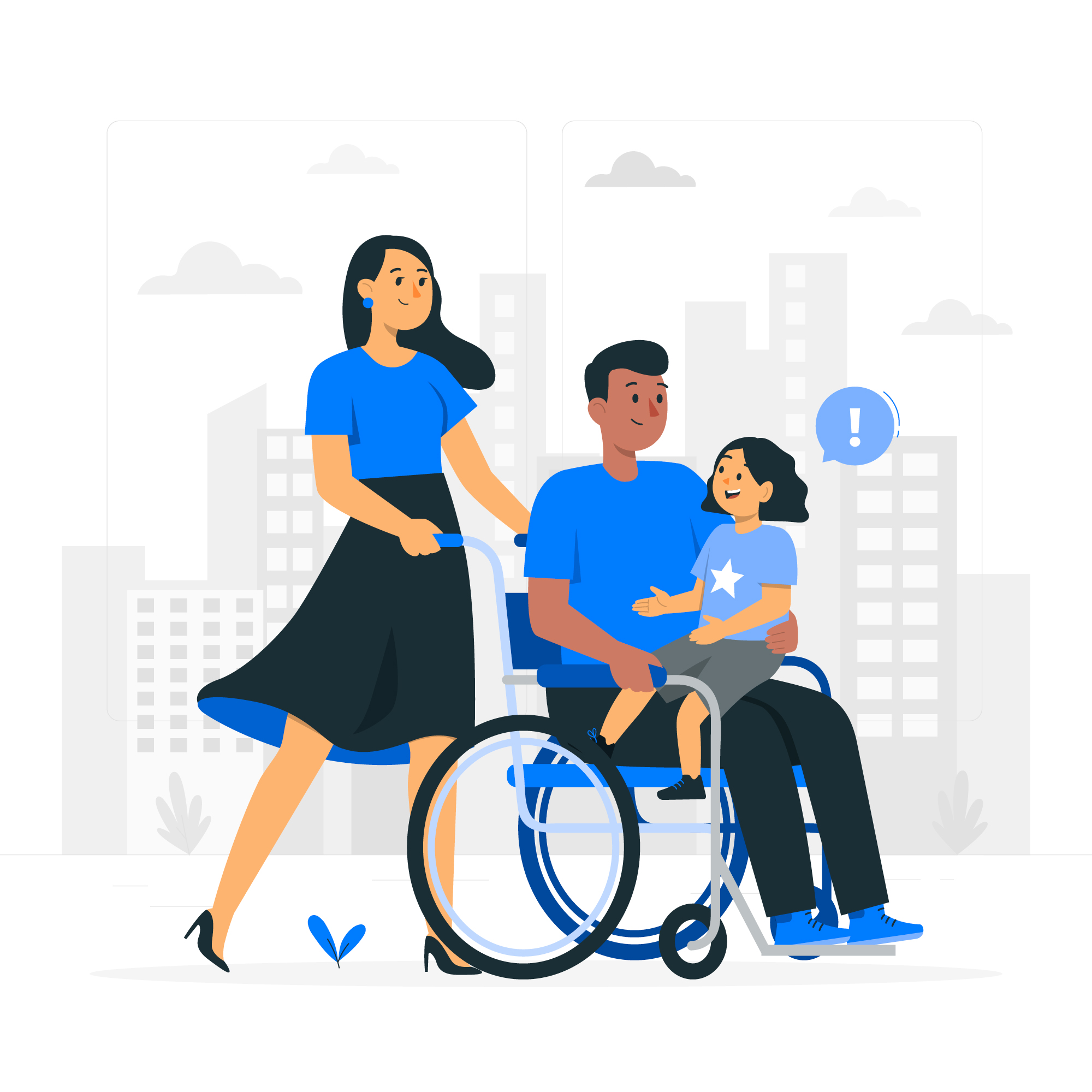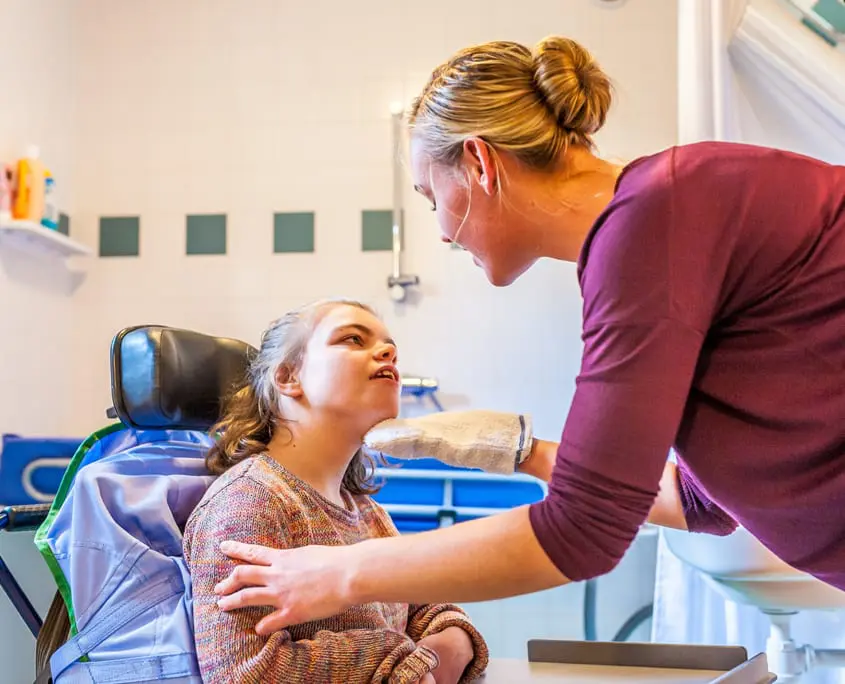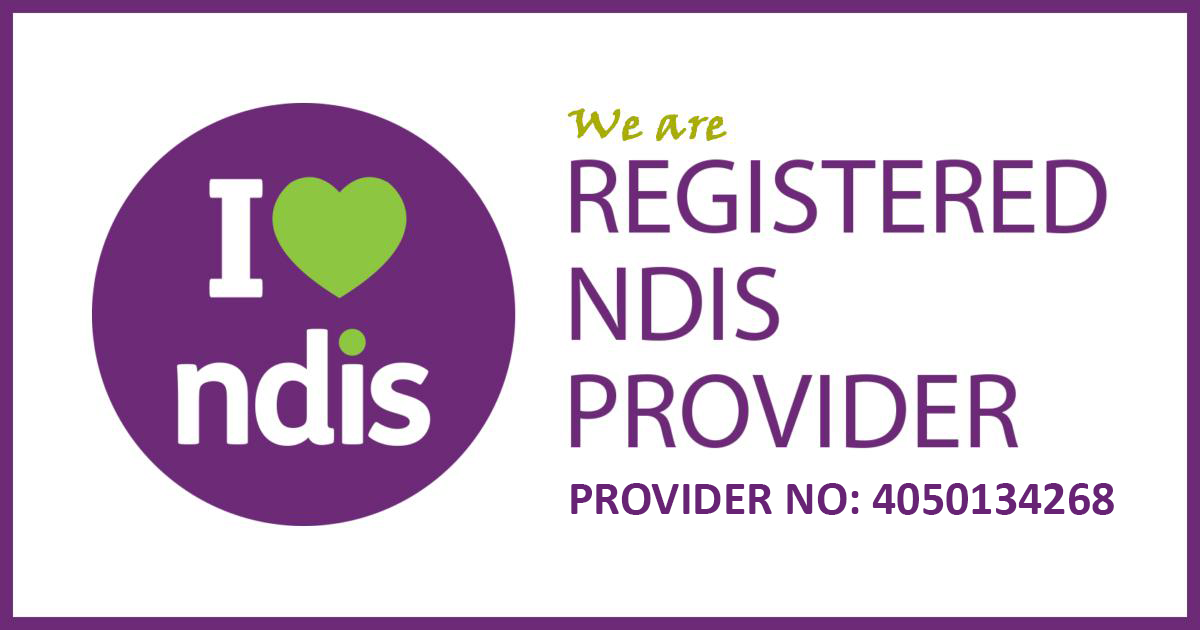Introduction: Supporting families in disability care is crucial for providing comprehensive and effective support to individuals with disabilities. Involving and collaborating with families fosters a sense of partnership, improves the quality of care, and enhances the overall well-being of the individual. This article emphasizes the importance of collaborative partnerships between caregivers and families in disability care, highlighting the benefits and strategies for successful collaboration.
- Shared Expertise: Families possess valuable knowledge about their loved ones’ needs, preferences, and routines. Collaborating with families allows caregivers to tap into this expertise and tailor care plans accordingly. It promotes a personalized approach that respects the individual’s uniqueness and promotes their well-being.
- Continuity of Care: By involving families, a seamless transition between care settings can be achieved. Sharing information, care plans, and insights helps ensure consistency in the provision of care, reducing stress and promoting stability for the individual with a disability.
- Emotional Support: Families often play a crucial role in providing emotional support to their loved ones with disabilities. By collaborating with families, caregivers can gain insight into the emotional needs of the individual and work together to establish a supportive environment that addresses those needs.
- Increased Engagement: Involving families in the care process increases their engagement and empowerment. They become active participants in decision-making, goal-setting, and advocacy. This sense of involvement strengthens the care partnership and promotes a sense of ownership and shared responsibility.
- Education and Training: Collaborative partnerships offer opportunities for caregivers to educate and train families on specific care techniques, therapies, and strategies. This empowers families to provide informed support and reinforces a consistent approach to care.
- Mutual Support: Collaborative partnerships create a support network for families, connecting them with other families facing similar challenges. This provides an avenue for sharing experiences, resources, and emotional support, reducing feelings of isolation and promoting resilience.
Conclusion: Collaborative partnerships between caregivers and families are essential in disability care. Involving families brings shared expertise, ensures continuity of care, provides emotional support, increases engagement, facilitates education and training, and fosters mutual support. By recognizing and valuing the role of families in the care process, we can create a holistic and empowering environment that enhances the well-being of individuals with disabilities.









